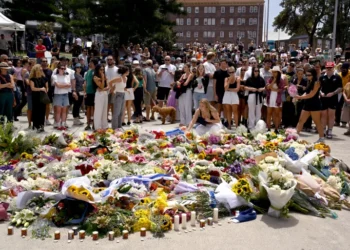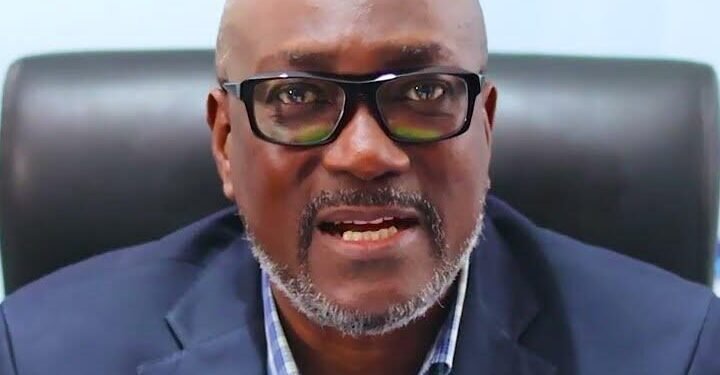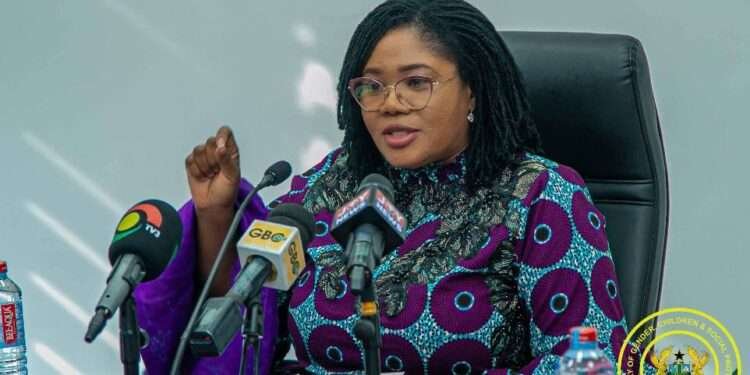World leaders and top business executives attending the World Economic Forum (WEF) in Davos were met with a stern warning from UN Secretary-General António Guterres on Wednesday, January 22.
Speaking at the exclusive event in the Swiss Alps, Guterres criticized the lack of multilateral collaboration in an “increasingly rudderless world” facing two critical dangers: climate change and unregulated artificial intelligence (AI).
The WEF’s 2025 theme, “Collaboration for the Intelligent Age,” drew sharp criticism from Guterres, who noted that there has been “scant proof of either collaboration or intelligence” in tackling global challenges.
Instead, he pointed to worsening conflicts, growing inequality, and assaults on human rights as evidence of the world’s failure to work together.
In his address, Guterres compared humanity’s “addiction to fossil fuels” to Frankenstein’s monster, “sparing nothing and no one.” He underscored the irony that 13 of the world’s largest oil supertanker ports are now at risk of submersion due to rising sea levels caused by burning coal, crude oil, and natural gas.
He did not hold back in his criticism of financial institutions and industries that have “backtracked on climate commitments.” He labeled such actions as “short-sighted, selfish, and self-defeating.”
Guterres warned, “You are on the wrong side of history, the wrong side of science, and the wrong side of consumers who are looking for more sustainability, not less.”
With the UN Climate Conference (COP30) in Brazil approaching, Guterres called on governments and businesses to fulfill their promises to deliver new, economy-wide climate action plans. He also emphasized the need for a “surge in finance” to help developing countries address the climate crisis.
Guterres identified artificial intelligence as the second existential threat facing humanity. While he acknowledged AI’s transformative potential in areas such as education, healthcare, and agriculture, he cautioned against its risks.
If left unregulated, AI could “disrupt economies, undermine trust in institutions, and deepen inequalities,” he warned. Guterres urged world leaders to adopt the Global Digital Compact, a framework designed to harness AI’s potential while minimizing its dangers.
This initiative, part of the Pact for the Future adopted by UN Member States, aims to ensure that AI serves humanity rather than exacerbating global divides.

Reforming Global Governance
The UN chief also stressed the need to reform international institutions, including the UN Security Council and the global financial system. He argued that these systems are “ill-equipped to address today’s challenges” and called for political will to drive meaningful change.
Guterres reaffirmed the UN’s commitment to peace, grounded in the principles of sovereignty, political independence, and territorial integrity. He emphasized that achieving lasting peace requires adherence to international law and the UN Charter.
In a pointed message to world leaders and industry giants, Guterres stated that failure to act on climate change and AI would place them “on the wrong side of history.” He appealed for urgent, collective action to address these existential threats, warning that the consequences of inaction would be catastrophic.
Despite the warnings, Guterres ended his speech on a note of hope, urging the global community to embrace the challenges of climate change and AI with unity and determination. “Achieving essential changes will only be possible with political will,” he said, adding, “I am not convinced leaders get it.”
The Secretary-General’s address served as a powerful reminder that the world cannot afford to delay action on its most pressing challenges.
READ ALSO: Discipline, Time Management Encouraged In The Fashion Industry






















